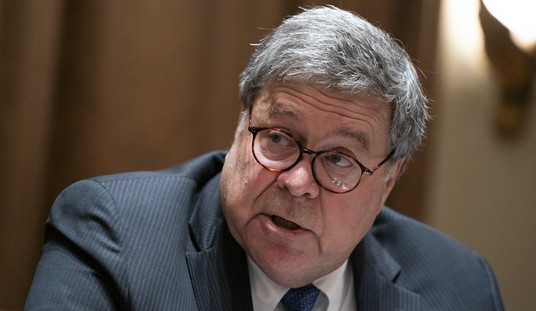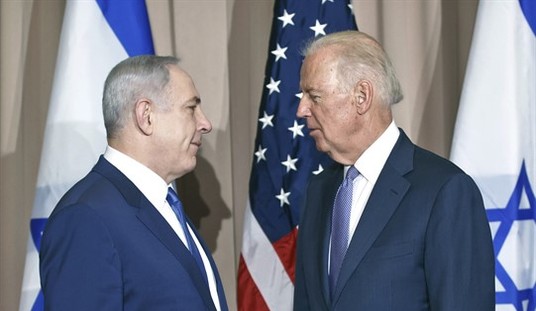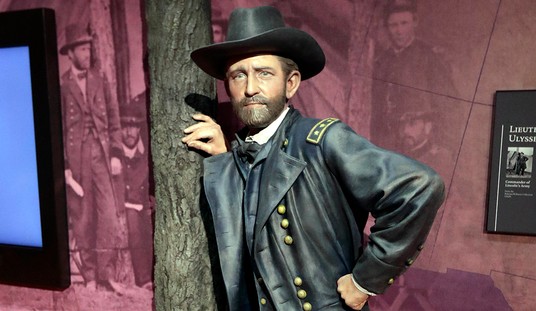Over at Commentary (subscription may be required) there’s a review by Ira Stoll of FDR’s Deadly Secret, a new book written by Steven Lomazow (a neurologist) and Eric Fettmann (veteran journalist with almost four decades of experience at the New York Post). From all accounts, their book is apparently a rather grisly look at FDR’s health and medical records during his four terms in office. In the midst of all of the CSI-level details of Roosevelt’s various maladies, this passage caught my attention; to be honest, it wasn’t a story I had heard before, and based Stoll’s phrasing, apparently neither had he:
The authors’ account is also sprinkled here and there with graphic and telling details of the nonmedical variety. We learn, for example, that at one press conference, FDR displayed a Nazi Iron Cross and said it should be presented to a columnist of the New York Daily News who was one of the president’s most bitter critics. It is enough to make the Obama administration’s treatment of Fox News look timid.
Indeed. (Funny how history has a way of sanding over the rougher edges of some of the 20th century’s more “progressive” presidents.) A passage I found and OCR’ed from FDR and the News Media, a 1990 book by Betty Houchin Winfield, via Google’s archive of books, helps to flesh out some of the details of the “Iron Cross” incident, which took place in 1942:
FDR was livid. [The] succession of irritations [from John O’Donnell of the New York Daily News] had become too much. The war had been going badly, the pressure was great, and Roosevelt reacted. At his December 18 press conference, Roosevelt shocked the correspondents when he handed Earl Godwin [of the Washington Times-Herald] the German Iron Cross to give to the absent O’Donnell. The Iron Cross was a symbol of O’Donnell’s aid to the enemy. The incident did not stop there. When O’Donnell returned from the war in 1945 and along with another Patterson-McCormick correspondent asked for credentials to attend While House press conferences, the president said no because of “their isolationist, anti-British, anti-Russian pens.” The response became public when the Philadelphia Record reported that Steve Early threatened resignation before Roosevelt finally yielded.
Such public confrontations and “punishments” were rare during Roosevelt’s twelve years of personal interaction with the Washington correspondents. FDR usually adopted more subtle methods for influencing an interpretation. The dunce hat award is an example. At his June 29, 1937 press conference, the president gave an imaginary dunce hat to Robert “Bob” Post of the New York Times, who had asked the president about a possible third term: “Getting back to what Governor Earle said the other day, can you tell us or would you say whether you accept the nomination?” Roosevelt responded, “Oh, my God. This hot weather. (Laughter) Bob (Post) go into corner over there (indicating) and put on the dunce cap and stand with your back to the crowd. (Laughter).” This method culminated in a resolution to dissolve the Dunce Hat Club as the 1940 Democratic Convention began.
Of course, you could argue that in 1942, the Germans weren’t quite the Nazi-Nazis, as Whoopi would say, as we would come to understand the full horror of their rule at the end of the war. But they were bad enough by then, and it’s safe to assume that as president, with access to the full range of military intelligence, Roosevelt understood what National Socialism meant as well as or better than any man during that period.
Fortunately, after the war concluded, Harry Truman, FDR’s successor, would never make such overwrought comparisons of his opponents, right?









Join the conversation as a VIP Member